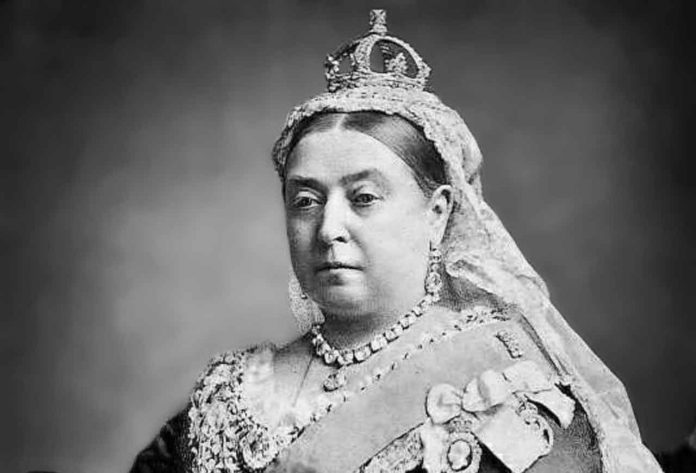Victoria Day, known colloquially as “May Two-Four” or “May Long Weekend”, is a federal Canadian public holiday celebrated on the last Monday preceding May 25th. The day is in honour of Queen Victoria’s birthday, who was born on May 24, 1819.
This national holiday serves to recognize Canada’s historical ties to the British monarchy and to mark the unofficial beginning of the summer season.
Origins of Victoria Day
The origins of Victoria Day date back to colonial times, when Canada was part of the British Empire. In 1845, the Province of Canada, which is modern-day Ontario and Quebec, declared Queen Victoria’s birthday (May 24th) a holiday. It was marked with military parades and evening fireworks, similar to some celebrations today.
When Queen Victoria died in 1901, Canada’s parliament officially recognized May 24th as Victoria Day, a date to remember the late queen who had been a symbol of the empire’s might during the height of its power. It became a day to display loyalty and express thanks for the queen’s long and illustrious reign.
Victoria Day in Modern Times
With the passage of the Monday Holidays Act in 1952, Victoria Day was moved to the Monday preceding May 25, regardless of the actual date of Queen Victoria’s birthday. This adjustment provided Canadians with a long weekend, which has since been embraced with much enthusiasm.
In 1957, the Canadian government officially declared the holiday as the Queen’s official birthday in Canada. This means that, despite its origins, Victoria Day also serves to recognize the birthday of the current reigning monarch. However, the holiday has kept its original name in honoor of Queen Victoria.
Celebrations and Traditions
Traditions on Victoria Day have varied and evolved over the years. The most significant and widespread tradition is the Victoria Day Parade in Victoria, British Columbia, which has been held annually since 1898. It features marching bands, floats, and members of the Canadian Forces.
Firework displays are another popular tradition. From small backyard fireworks to large municipal displays, this aspect of the celebration nods back to the colonial times, when Canadians would light fireworks to show their loyalty to the monarchy.
It is also common for Canadians to open their summer cottages, start gardening, or engage in outdoor activities over the long weekend. This has led to Victoria Day being considered the unofficial start of the summer season in Canada.







